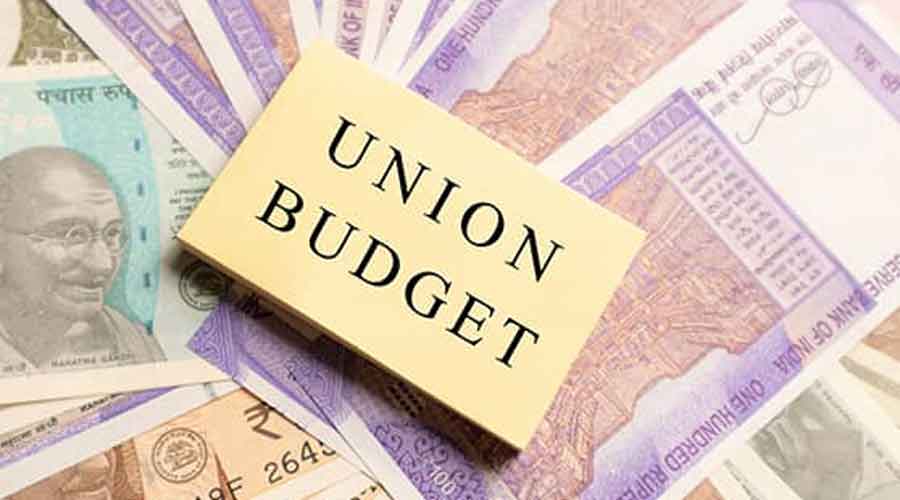
Ahead of Budget, here’s what India Inc wants on Customs front
NEW DELHI : India awaits Interim Budget 2024 with a sense of overriding national confidence and resilience amidst global headwinds reflected in the Organization for Economic Cooperation and Development (OECD) views projecting India to be the fastest growing major economy in the world. To sustain and build upon this growth momentum, there are significant expectations that the Interim Budget may include measures to rev up the export engine by improving the quality of trade facilitative environment, focusing on fostering domestic manufacturing along with a larger slice of the greater value chain (GVC).
There is widespread recognition of the significant progress made in streamlining cargo clearance processes, as reflected in implementation of all the commitments made under the World Trade Organization’s Trade Facilitation Agreement (TFA) and quantified benefits reported by the National Time Release Study of 2023. However, the fact that the actual performance has fallen short of average release time targets included in the National Trade Facilitation Action Plans (NTFAP), indicates the need to focus on improving the quality of measures, in particular, extending digitization drive to Customs dispute resolution and litigation processes.
Amnesty Scheme under Customs to curtail litigation:
While all steps must be taken to minimise disputes, including through mechanisms such as advance rulings and pre-show cause consultations, and their timely resolution through statutorily prescribed timelines, there is the pressing need to resolve longstanding legacy disputes to ease the compliance burden for trade, unclog the judicial pipeline and promptly realise legitimate government revenues. In the past, amnesty schemes such as Sab ka Vishwas for Central Excise and Service Tax disputes in FY2019 and Vivad se Vishwas Scheme for Income Tax disputes in FY2020, led to government collecting INR 28,000 crores and INR 54,000 crores, respectively, besides resolving festering disputes.
Similarly, the government had recently introduced an amnesty scheme tailored for Export Promotion Capital Goods (EPCG) and Advance Authorization (AA) holders that has enabled businesses to resolve past non-compliances, including those that had arisen during the COVID pandemic
